It’s one thing when black people aren’t discussed in world history. Fortunately, teams of dedicated historians and culture advocates have chipped away at the propaganda often functioning as history for the world’s students to eradicate that glaring error. But when, even in the imaginary future — a space where the mind can stretch beyond the Milky Way to envision routine space travel, cuddly space animals, talking apes, and time machines — people can’t fathom a person of non-Euro descent a hundred years into the future, a cosmic foot has to be put down.
~ Ytasha Womack, Afrofuturism: The World of Black Sci-Fi and Fantasy Culture
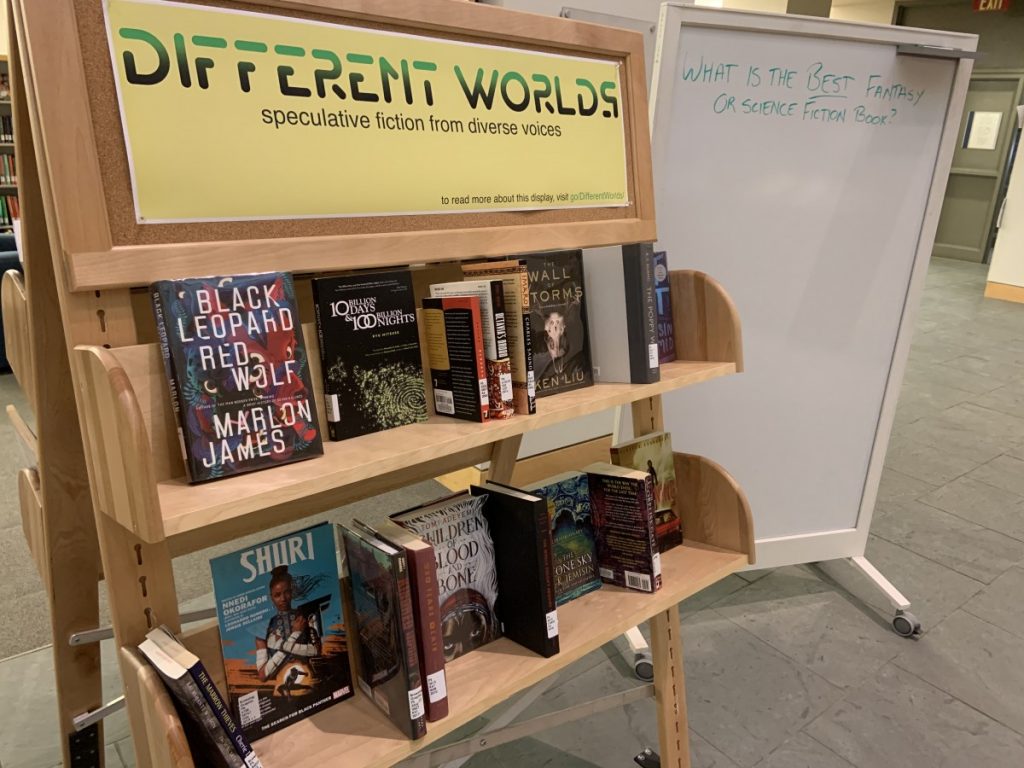
The seeds of this display grew out of frustration. I was the sort of reader who wanted to like science fiction and fantasy, but often struggled to do so, because it often felt like reading the same book over and over again. The appeal of speculative fiction, for me, is in finding a new lens through which to engage the human condition, even if the human in question is actually a robot or an alien or a… I don’t know, a halfling or something. But much of the canon of fantasy literature can come to feel like endless riffing on J. R. R. Tolkein ; the science fiction I grew up with was all by Robert Heinlen or Isaac Asimov. Not that those books can’t be satisfying reads, but I was just looking for something else. Something that came from somewhere else entirely.
Around that same time, Afrofuturism was beginning to push into the mainstream — not quite full on MCU, Black Panther-level yet, but more visible than its 1990s roots. So I read Who Fears Death? by Nnedi Okorafor, and re-read some Octavia Butler. And it was like someone had opened a window to let fresh air into a stale, stuffy room. These were voices that came from different perspectives, less familiar (to me) perspectives… but isn’t that the whole point of speculative fiction? To clear out the familiar in order to see the world through different eyes? Speculative fiction that treads the same ground over and over again, while it can be comforting, is useless as a medium for introspection. And without introspection, what’s the point of suspending the rules of our everyday lives in favor of new possibilities?
In this collection you’ll find:
Rebecca Roanhorse’s story of climate apocalypse
Cixin Liu’s collection of mind-bending science fiction short stories
Mohsin Hamid’s portal-hopping love story
Ken Liu’s historically-inspired Chinese epic fantasy
Tomi Adeyemi’s wildly popular trilogy about young people with magical gifts
… and lots, lots more.
For me, this was about opening my eyes to perspectives that are different than mine; for you, it may be a chance to finally recognize your own experience in these genres. There are so many ways to be in the world, and so many perspectives from which to learn, and in which to recognize ourselves. And so, the search led from book to book, first one addition to our collection and then another. This display is our effort to bring some of these works out of the stacks and put them in front of your eyes. It represents only a starting point for your explorations; there are worlds and ideas out there still waiting to be discovered.
Here are some useful terms and sources to help you look for more books like these:
- #ownvoices
- #weneeddiversebooks
- Nisi Shawl’s A Crash Course in the History of Black Science Fiction
- Afrofuturism The World of Black Sci-Fi and Fantasy Culture by Ytasha Womack
- Afrofuturism/Afropunk
- Disabled
- Diverse
- Genre fiction
- Latinx
- Neurodivergent / neurodiverse
- Nonwestern
Anthologies can be a useful way to find works by authors from under-represented cultures. Websites like BookRiot and Tor.com also frequently publish lists of similar and related titles. If there’s a work that you think would be a valuable addition to this collection — or even just something that you’d like to read that we don’t own yet! — you can request any title at any time via go/request/. Many titles (for example, N.K. Jemisin’s Broken Earth Trilogy) are also available as audiobooks at go/audiobooks/.
Many thanks to Katrina Spencer, and especially to Kat Cyr, for their help and support in pulling this display together.
Amy Frazier is the Film & Media Librarian at the Davis Family Library, and also a huge nerd.
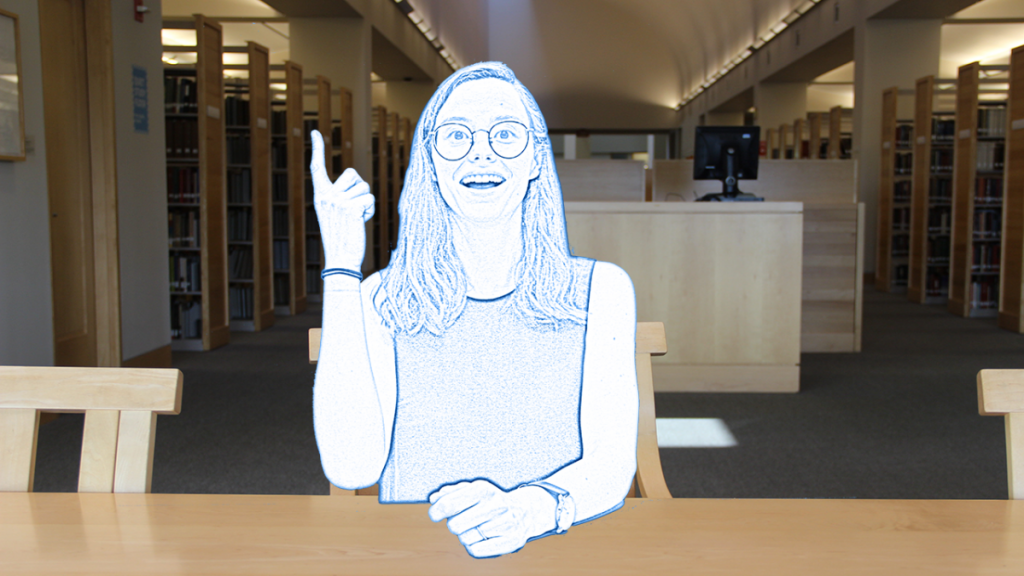
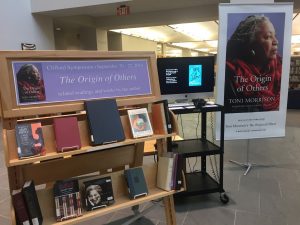
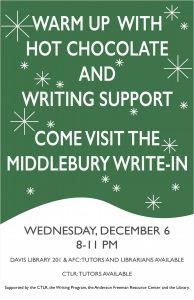 esource Center. This event creates a one-stop place for students to get everything they need to hammer out those last papers in a fun and supportive environment. It’s like an academic writing party at the library!
esource Center. This event creates a one-stop place for students to get everything they need to hammer out those last papers in a fun and supportive environment. It’s like an academic writing party at the library!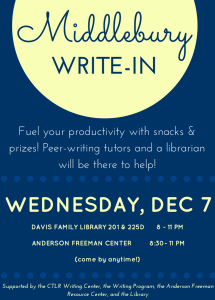
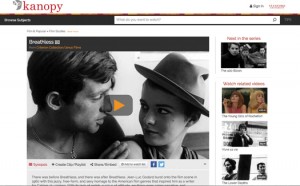
You must be logged in to post a comment.